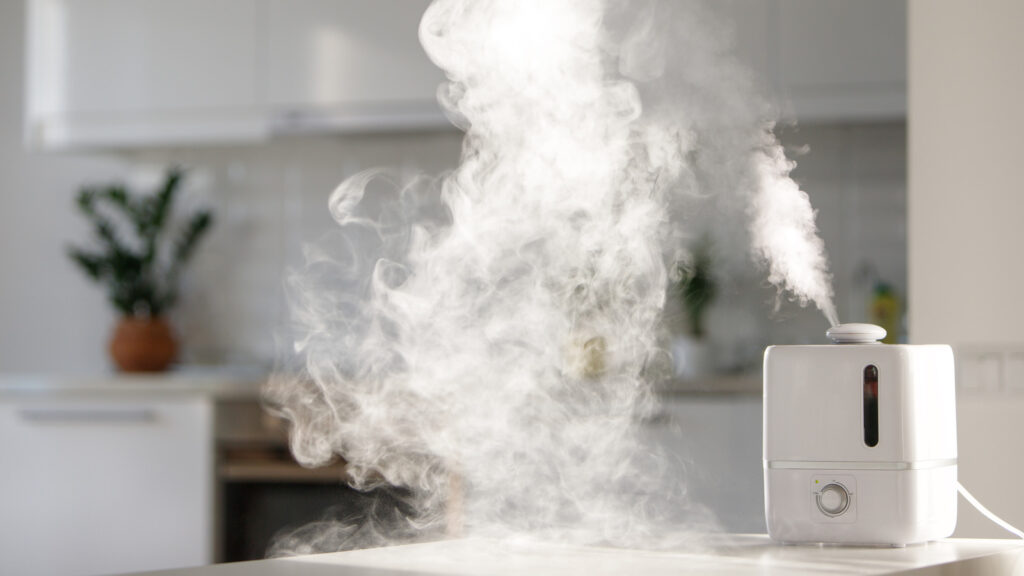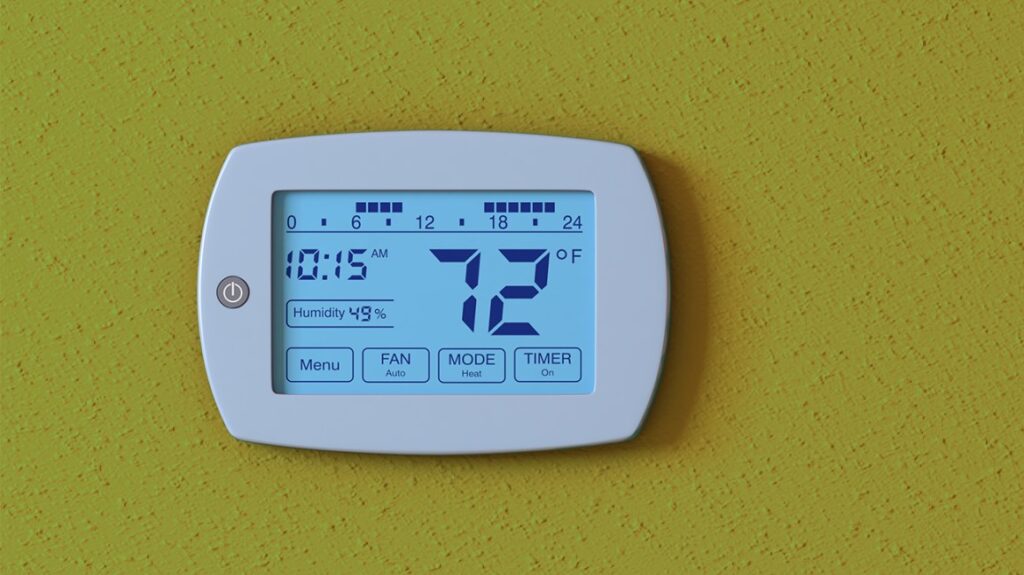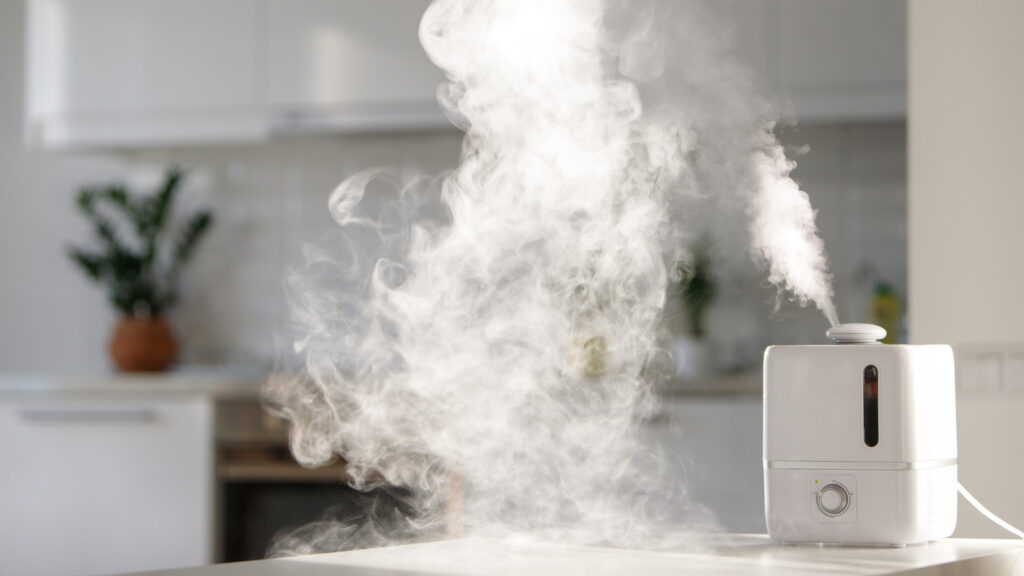We spend the majority of our time indoors. The air we breathe in our homes, schools, and offices has the potential to cause health problems. In some cases, you may be left searching for urgent care near me for treatment for the resulting breathing problems. Chemicals, gases, and living creatures such as mold and pests are examples of pollutants.
Air pollution can be found in many places, including homes, schools, and offices. Sore eyes, burning in the nose and throat, headaches, and weariness are all symptoms of pollution. Allergies, respiratory ailments (such as asthma), heart disease, cancer, and other major long-term conditions are caused or worsened by other pollutants. Individual contaminants, such as carbon monoxide, can cause death in large amounts.
However, pollution isn’t the only issue in the atmosphere. Homes that are overly dry can also be hazardous to one’s health. Overly dry air, in addition to causing cracked skin and nosebleeds and increasing the risk of dehydration, keeps influenza at bay. This makes us more susceptible to infection. On the other hand, too much humidity fosters mold growth and attracts dust mites, resulting in a new set of health issues.
Too-Humid Air
When it comes to humidity, too much of a good thing can be disastrous. Indoor air with a humidity level of more than 50% is more typical in the Southeast, but it can occur anywhere that becomes hot and humid in the summer. It can also occur when a home’s air conditioning system is malfunctioning.
Mold can grow in homes that are excessively damp, releasing allergens that cause sneezing, runny noses, watery eyes, skin rashes, and fever-like symptoms. Mold is particularly bothersome for asthmatics, increasing the likelihood of attacks. Dust mites, another frequent allergy, flourish in damp environments as well. Many bacteria species that can make us sick also thrive in these conditions. Research reveals that humidity levels above 60% can boost volatile organic compounds, VOC, concentrations.
How to Fix Too-Humid Air
- Use a Hygrometer or call a professional
You’ll be able to feel it and see condensation on windows and mirrors if your home has dangerous humidity levels. However, it’s never a bad idea to check the humidity with a hygrometer. Get your air conditioning checked out by a professional to ensure that you have the most energy-efficient system for your home and that it is operating properly.
- Use fans in your home
To remove excess moisture, be sure to utilize the exhaust fans above your stove and in your bathrooms. Keep your home’s air flowing and humidity low by using fans. Even shorter showers and covering steamy items on the stove will help to keep the humidity down.
- Get a dehumidifier
If humidity is a persistent issue, try purchasing a dehumidifier, which draws moisture from the air and collects it in a detachable reservoir. Dehumidifiers are classified by how many pints of water they can remove from the air in a 24-hour period. The size of your home or room, as well as the present humidity level, can help you determine how powerful a horse you’ll need.

A key point to note: Much like with humidifiers, dehumidifiers must be cleaned on a regular basis or a pool of bacteria will form.
Dry Air
We often consider high humidity to be a problem that affects our health as well as our comfort. However, dry air (as a result of low indoor humidity) can be just as irritating as humid air. A recent study even implies that prolonged exposure to overly dry air can increase stress levels.

Dry air can increase the effects of other indoor air quality issues. Dry air has been demonstrated in certain studies to increase the harmful effects of high levels of particulate matter and volatile organic compounds (VOCs).
Effects of Dry Air
Some of the effects of dry air are evident and irritating: scaly skin, static hair, and itchy scalp. Nosebleeds are also prevalent because the tiny blood vessels in our nasal passageways become fragile and easily burst when they dry out.

However, dry air has more health risks than many people believe. For starters, dehydration is easier to get because the body loses fluids while we breathe. Dehydration can make us more susceptible to respiratory illnesses, in addition to generating headaches, dizziness, or nausea.
Even worse, some viruses, particularly influenza, flourish in dry air. Flu epidemics in the United States almost typically occur a few weeks after relative humidity declines, according to research. This is most likely due to the fact that dry air allows the virus to travel more easily and be active for longer.
How to Fix Dry Air
In the winter, add moisture to the air.
Heating systems that pump warm, dry air into the space also allow the air to become dry indoors throughout the winter. It can be difficult to replace the moisture that has been lost. If your heating system allows it, a central humidification system that monitors the quantity of moisture in the air and maintains the ideal humidity level in your room may be beneficial.
The humidifier adds moisture (water vapor) to the air flowing around your area via your HVAC system when the air is too dry. The central air or central heating humidifier, which is connected to your furnace and HVAC ductwork as well as your plumbing system, creates humidity by combining water and the heat from your furnace.

In the summer, ensure your air conditioner isn’t removing too much moisture.
Air conditioners remove humidity from the air. By doing this they end up cooling the air. This should, in theory, leave you with a moderate and pleasant degree of humidity in your environment.
However, if your air conditioner is too big for your room or has faults that cause it to run constantly, you may find yourself with dry air even in the summer.
If you feel this is the case, have your air conditioner tested and serviced by skilled HVAC professionals. They may be able to make adjustments or repairs to improve humidity management, comfort, and even health.
A key point to note.
Humidifiers have been shown to help protect against the flu. Humidifiers can make your house more comfortable and reduce the danger of viruses, but they should be used with caution. To keep them running efficiently and, more critically, to prevent mold and bacteria from growing in the stagnant water — you don’t want that filth misting into the air — they need to be refilled daily and deep cleaned at least once a week.







